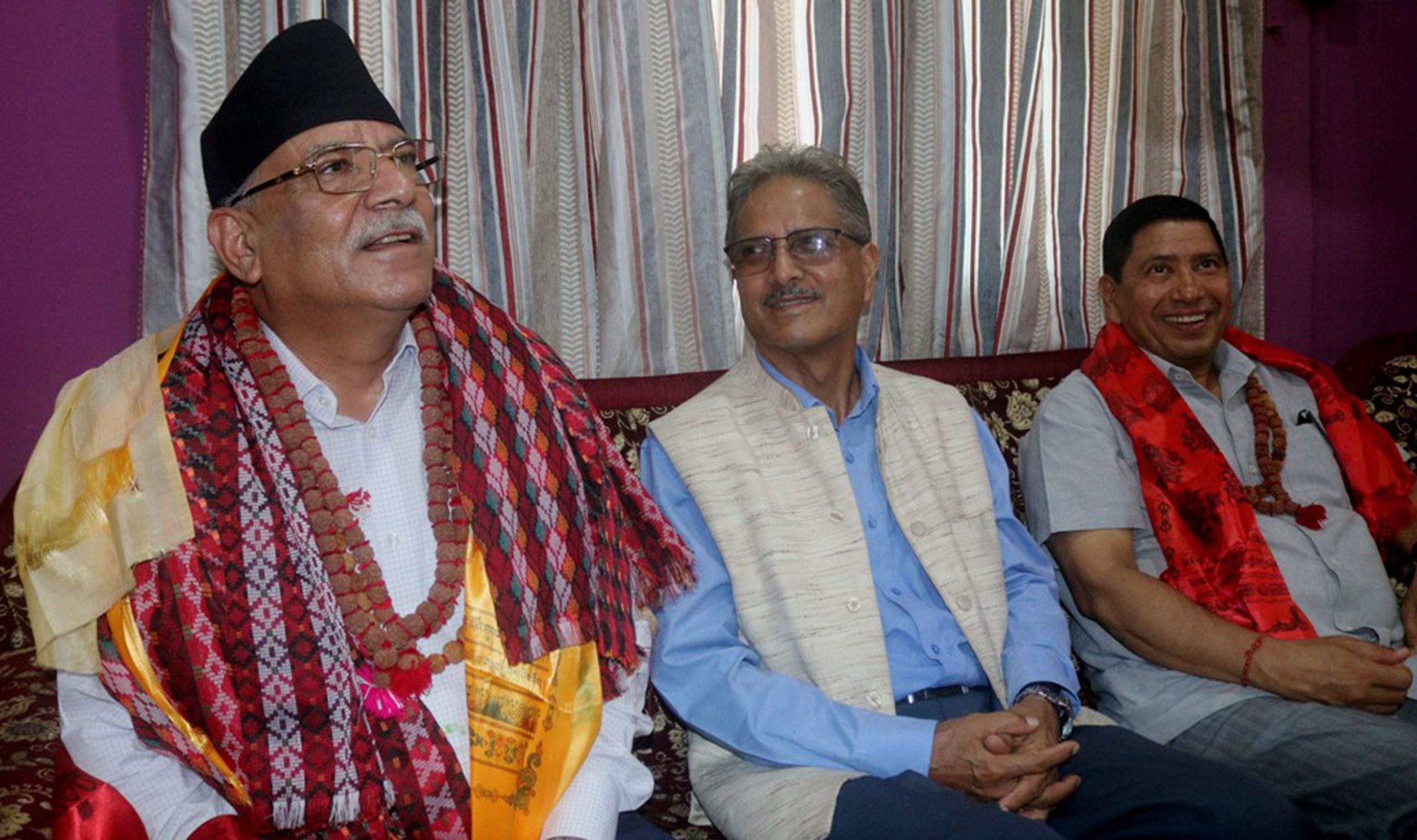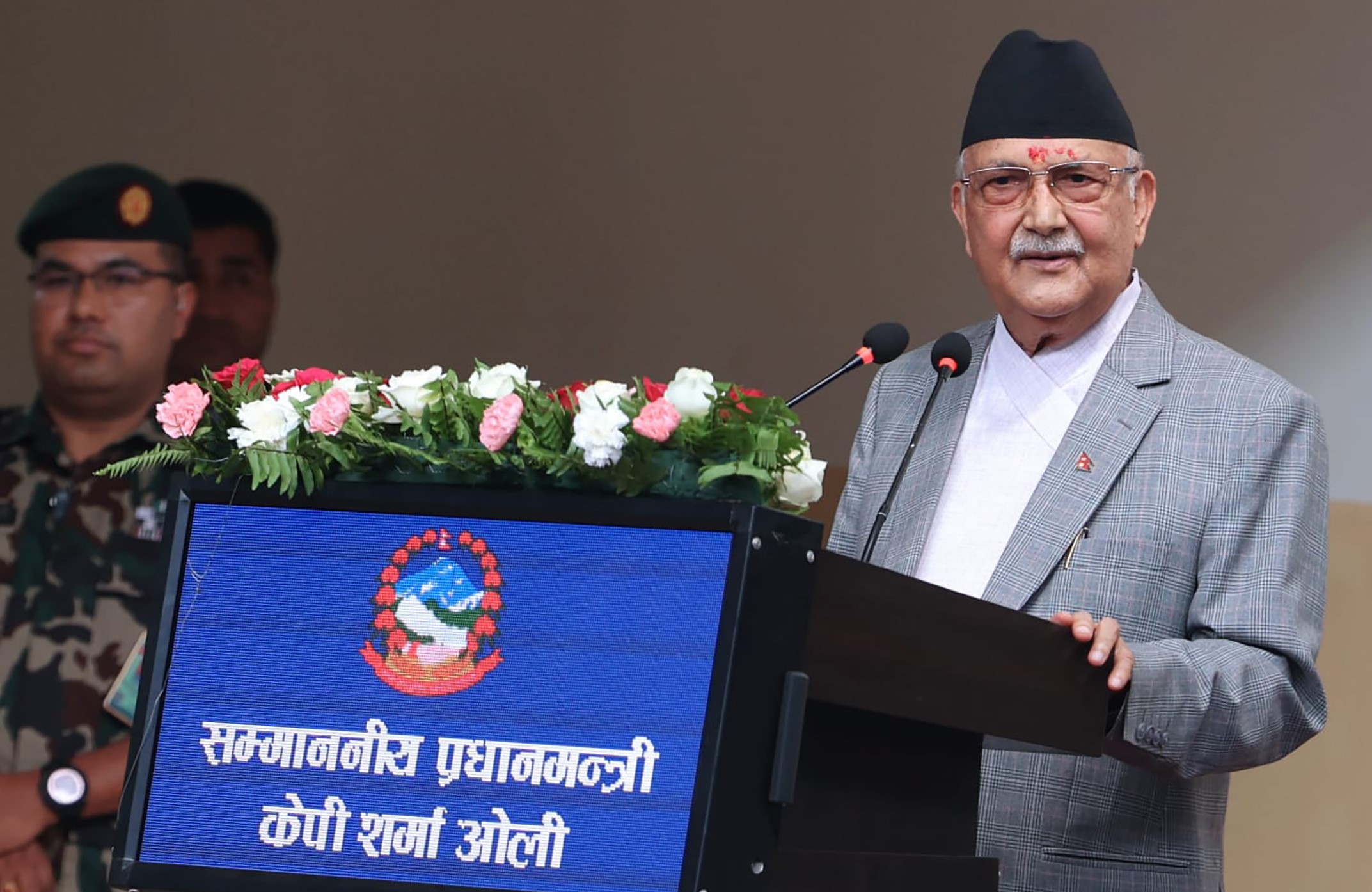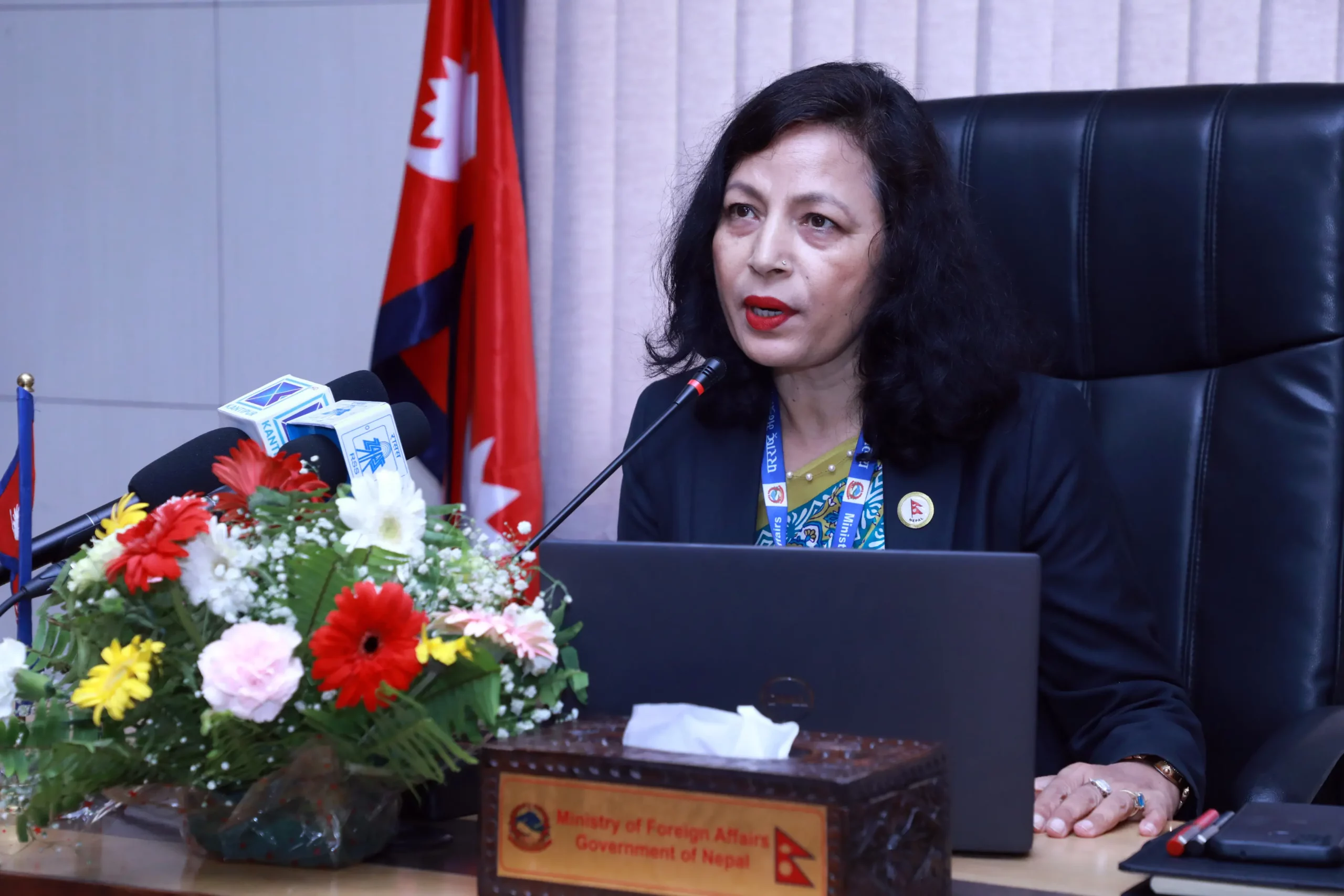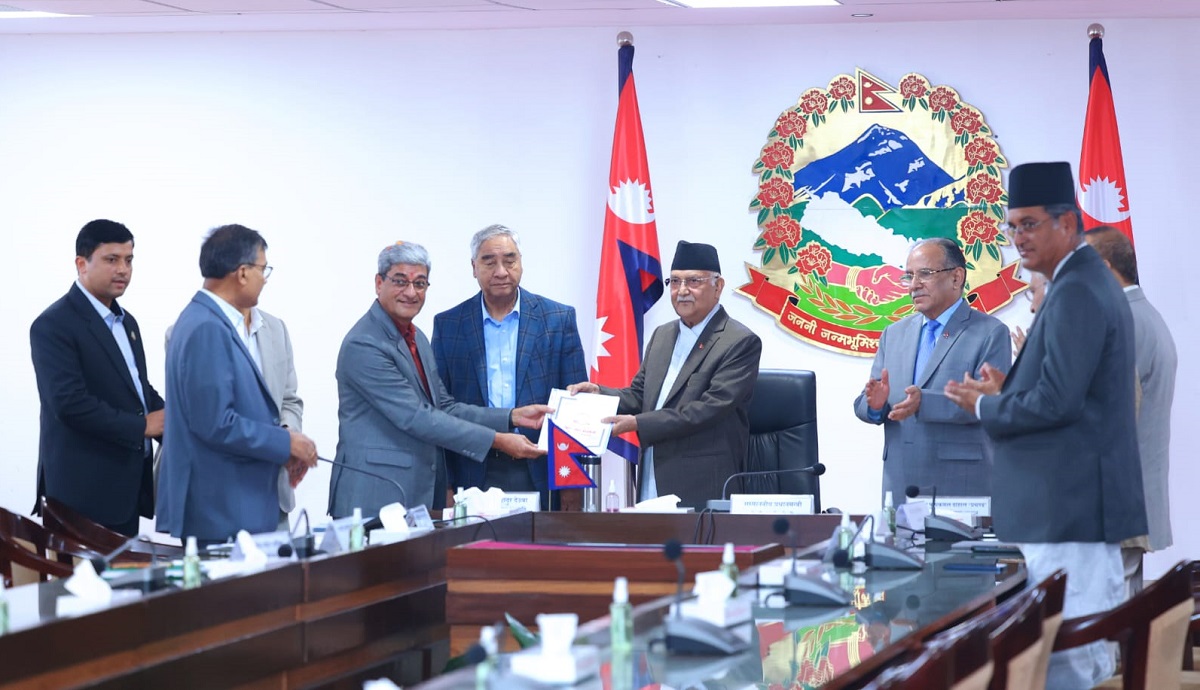KATHMANDU: Global temperatures and the frequency and intensity of heat waves will rise in the 21st century as a result of climate change.
Extended periods of high day and nighttime temperatures create cumulative physiological stress on the human body which exacerbates the top causes of death globally, including respiratory and cardiovascular diseases, diabetes mellitus and renal disease.
Heatwaves can acutely impact large populations for short periods of time, often trigger public health emergencies, and result in excess mortality, and cascading socioeconomic impacts (e.g. lost work capacity and labor productivity).
They can also cause loss of health service delivery capacity, where power-shortages which often accompany heat waves disrupt health facilities, transport, and water infrastructure.
Awareness remains insufficient of the health risks posed by heatwaves and prolonged exposure to increased temperatures.
Health professionals must adjust their planning and interventions to account for increasing temperatures and heatwaves.
Practical, feasible, and often low-cost interventions at the individual, community, organizational, governmental and societal levels, can save lives
The Meteorological Forecasting Division of the Department of Hydrology and Meteorology has said that both minimum and maximum temperatures in most parts of the country have increased in the past few days resulting in hotter days.
The Department has stated that excessive heat is likely for some days in the Tarai area and has urged all to apply precautions or make needed preparations.











